Kathmandu, Sep 13 (V7N) – Nepal has made history as Sushila Karki, the country’s first female Chief Justice, has taken charge as the Prime Minister of the interim government. With this appointment, Karki has set two historic milestones: she is both the first woman Chief Justice and the first woman to serve as head of Nepal’s interim government.
Amid ongoing political uncertainty, President Ram Chandra Paudel appointed Karki as Prime Minister, following demands from the ‘Gen-G Revolution’ protesters. Immediately after taking the oath, she recommended the dissolution of parliament—a key demand of the protesters—which the President enacted.
Prior to her swearing-in, the President held consultations with Army Chief Ashok Raj Sigdel and representatives of the ongoing Gen-Z movement, where it was unanimously decided to appoint Karki as Prime Minister. During the ceremony, Sudan Gurung, a young leader of the movement, paid respects to Karki by touching her feet, seeking her blessings.
A Profile of Sushila Karki
Born in Biratnagar, Nepal, 73-year-old Karki pursued higher education at Banaras Hindu University in India and Tribhuvan University in Nepal before joining the legal profession—a rare path for women of her time. She practiced law for more than three decades in Biratnagar and Dharna before entering the Supreme Court directly as a judge, based on her potential as recognized by then-Chief Justice Ram Prasad Shrestha.
Karki gained national prominence as a judge after convicting Nepali Congress leader and former Communications Minister JP Gupta in a corruption case. She was also noted for her decision to revive a petition concerning Lokman Singh Karki, a case that sparked widespread public discussion and earned both praise and criticism regarding judicial fairness and gender representation.
During her tenure as Chief Justice, Karki navigated the challenges of an underdeveloped judicial system, including a high backlog of cases, administrative hurdles in forming high courts, and periods of political uncertainty prior to the adoption of Nepal’s new constitution.
Now, in an unexpected and turbulent political environment, Karki is leading the country’s interim government, tasked with addressing national challenges and maintaining stability during this transitional period in Nepal’s 75-year democratic history.
END/SMA/AJ



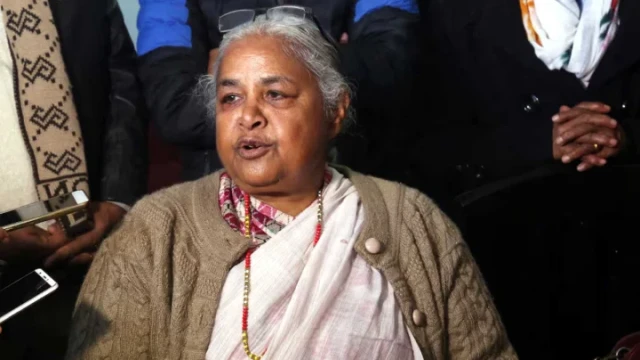


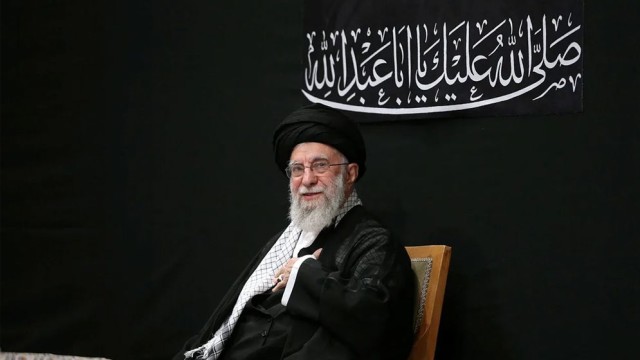
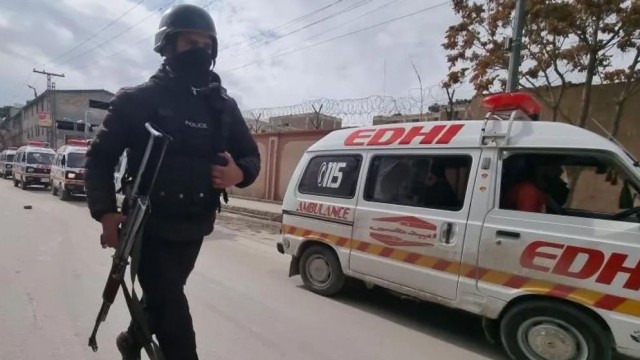
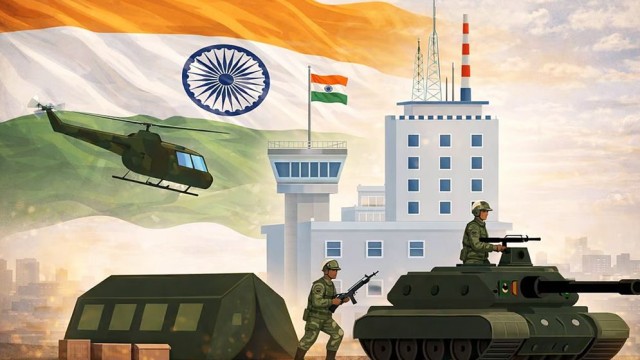


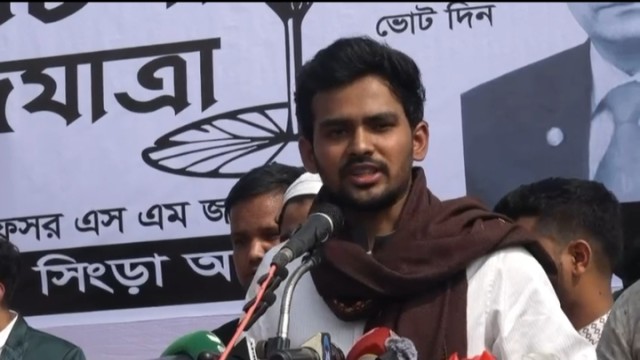
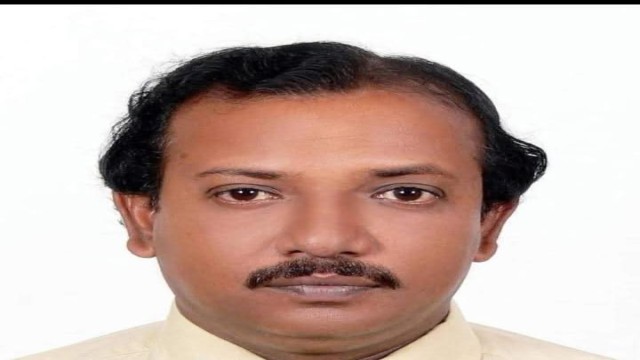


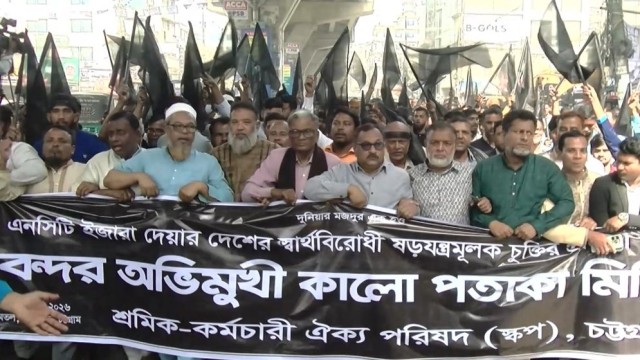
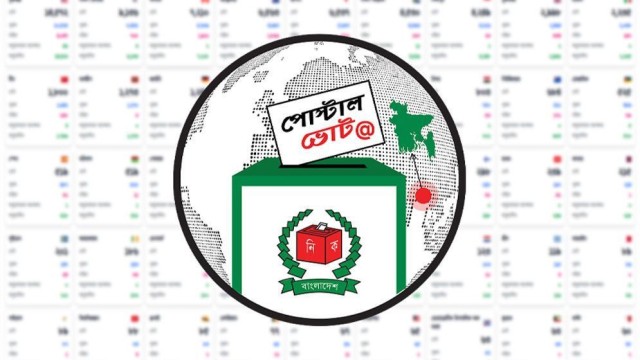
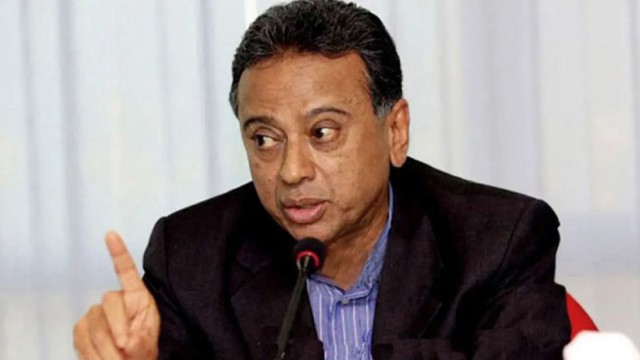

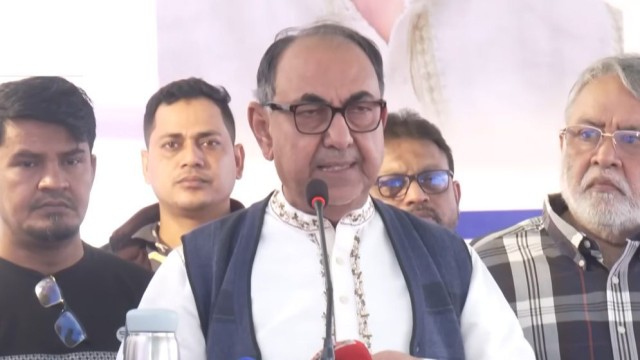








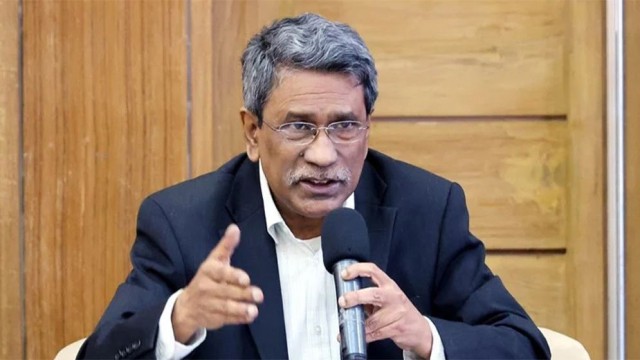
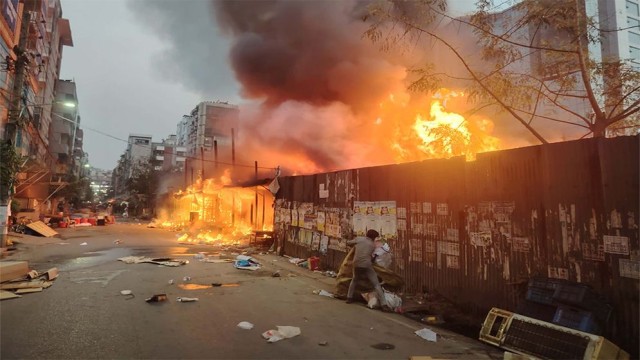

Comment: